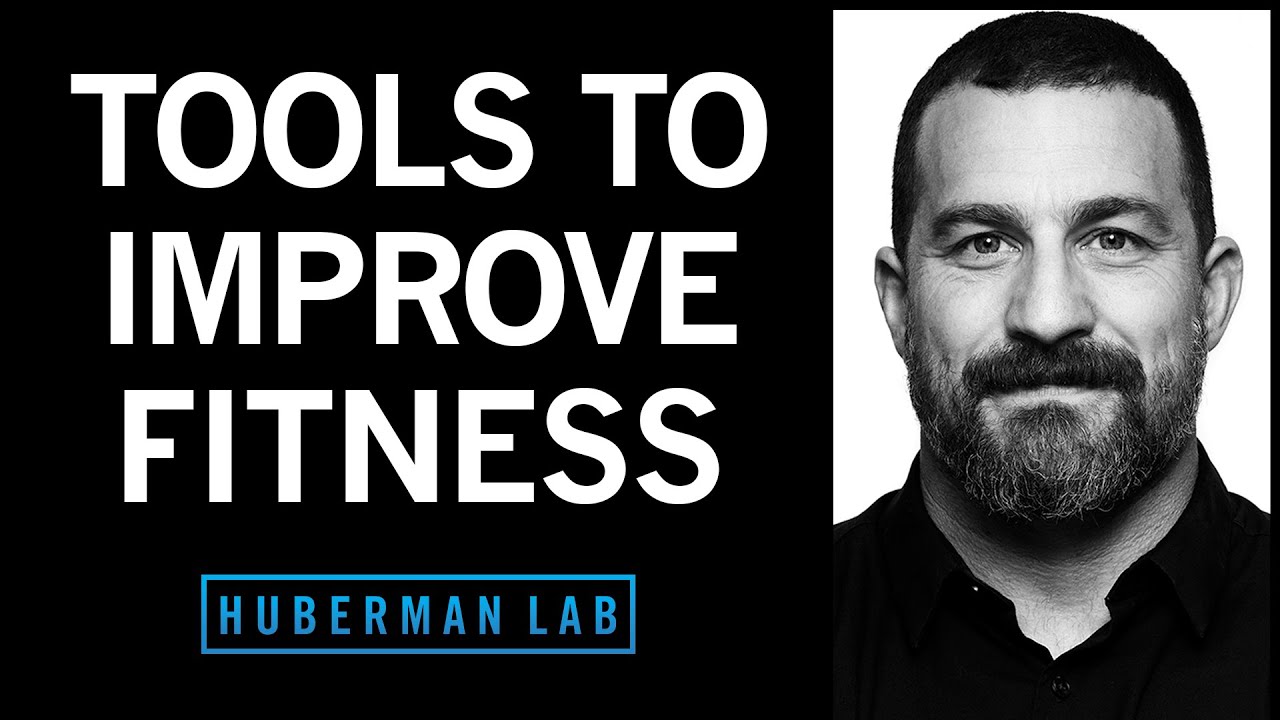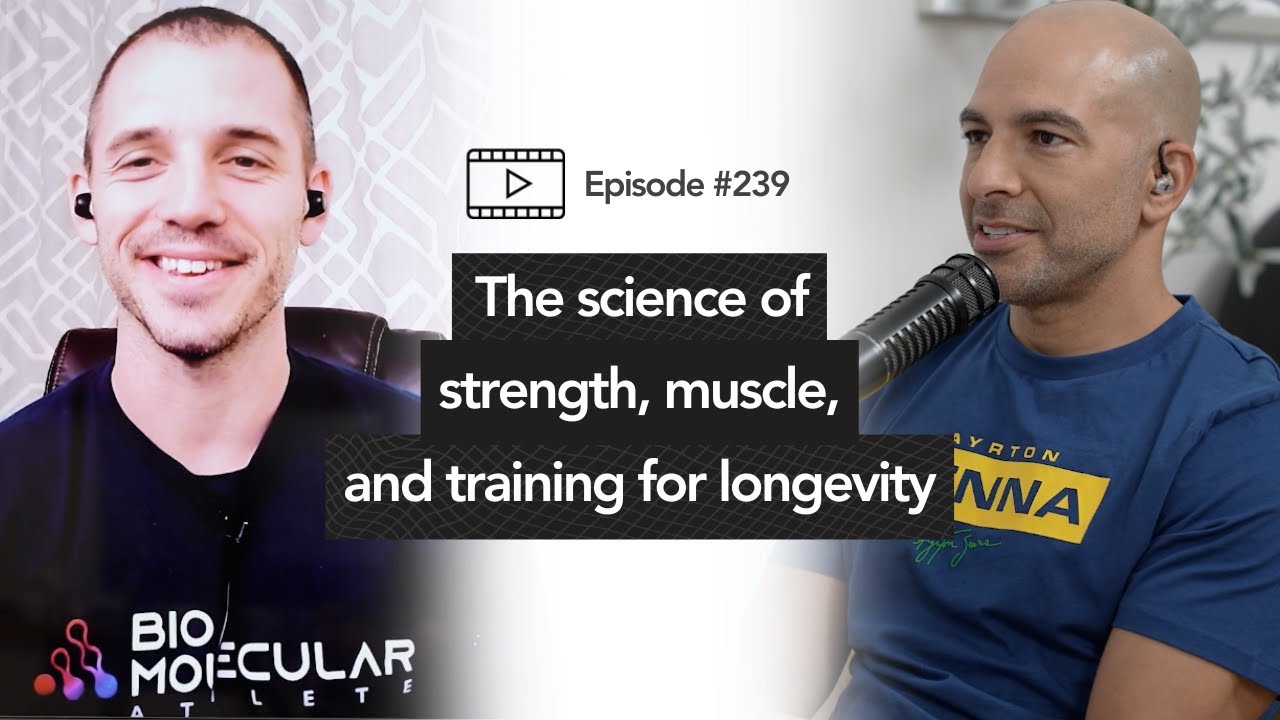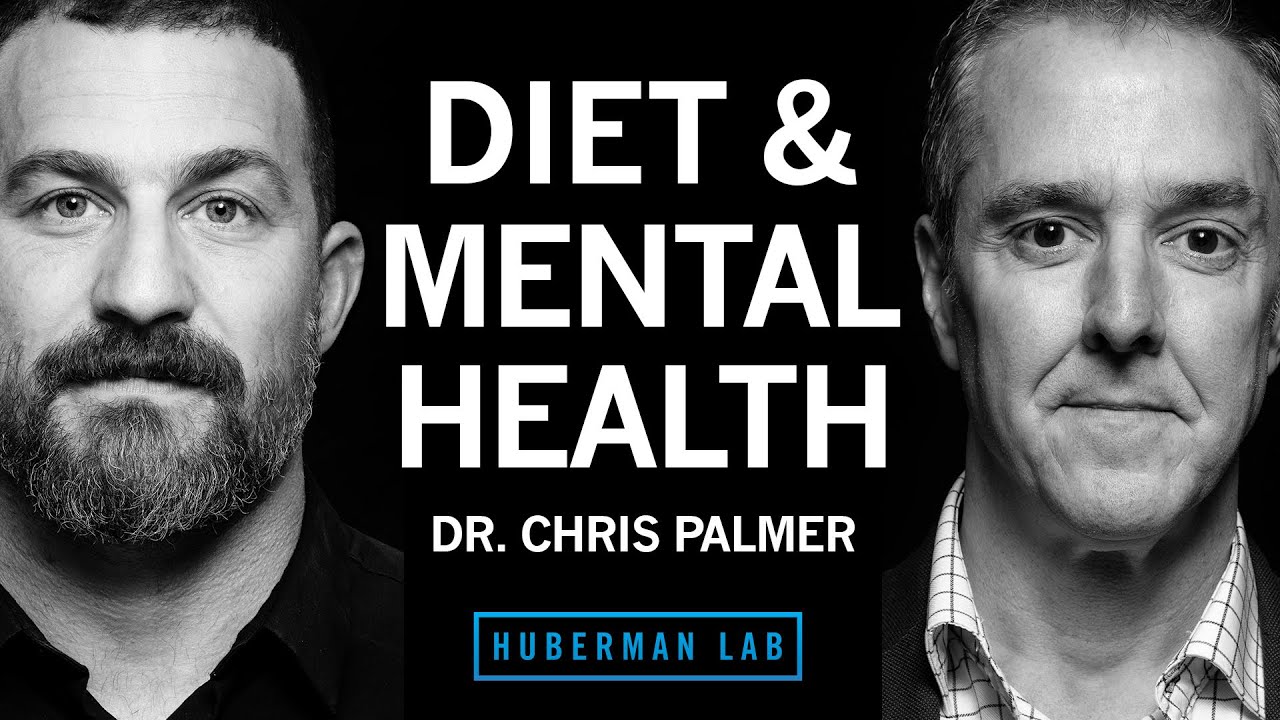- Transitioning from building muscle and strength to focusing on maintenance, knowing when and how.
- What is the most effective order for lifting weights and performing cardio?
- Heart Rate Recovery: Understanding Its relationship with cardiovascular fitness.
- Identifying the leading causes of kidney disease.
- Exploring the Link Between Alcohol Consumption and Brain Health.
Heart Rate Recovery, Strength Training, Rucking, Kidney Function, and Brain Health
Heart Rate Recovery, Strength Training, Rucking, Kidney Function, and Brain Health
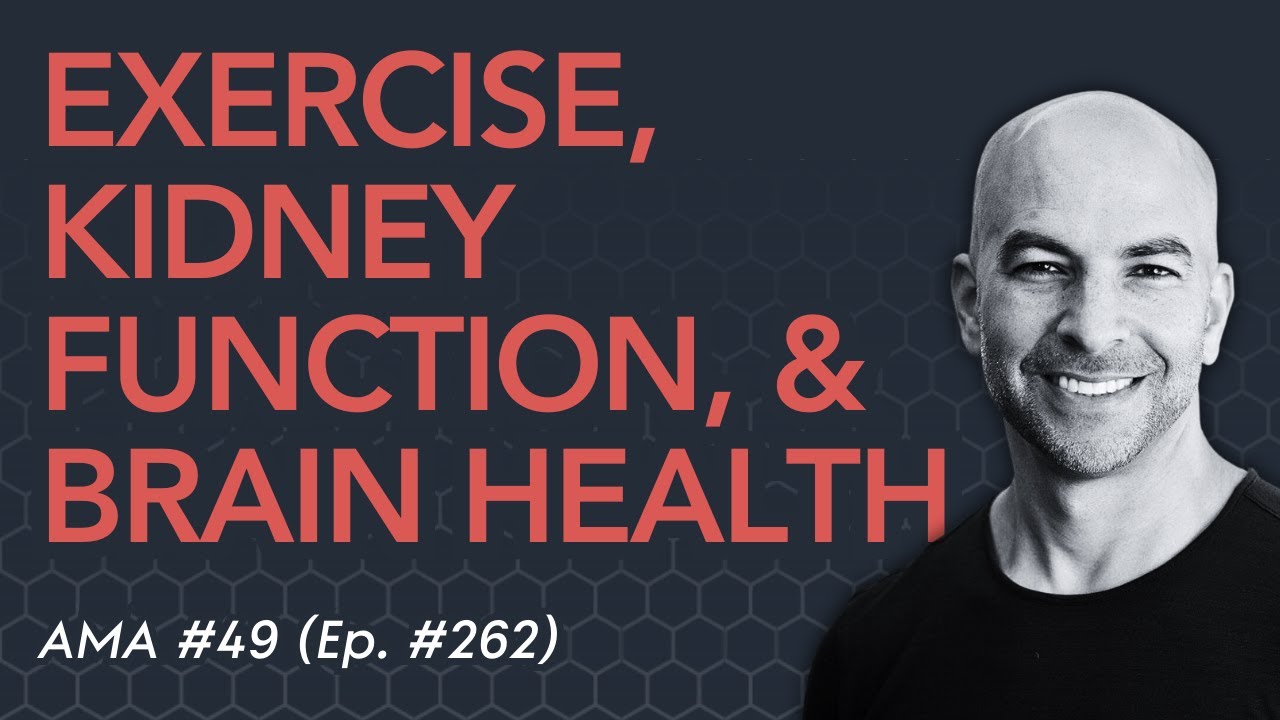
- To maintain good health and increase longevity, focus on building muscle. Consider personal factors like age and injuries, and tailor your routine accordingly for safety and effectiveness.
- If you want to build muscle, start by lifting weights. But to improve your heart health and slim down, start with cardio exercises. It all depends on what you want to achieve. Ask yourself which is more important to you and use your judgment.
- Regular aerobic fitness is the way to go if you want to improve your heart rate recovery. It's important to activate your cardiovascular system as needed and calm it down when that demand subsides.
- The gold standard for accurate heart rate monitoring is a chest strap. Alternatively, a well-set-up forearm band can also be effective. Smartwatches do not provide reliable heart rate readings.
- High blood pressure and metabolic dysfunction, including insulin resistance and type 2 diabetes, are the primary culprits behind chronic kidney disease in the United States.
- Moderate drinking can harm the brain. Light drinking does not have protective benefits compared to total abstinence. Drinking five drinks daily is detrimental to one's health.
Building Muscle; When To Maintain
Peter says determining the most appropriate response to this question is not easy, as its heavily influenced by multiple factors, such as training history and background.
Conversely, Peter attends to a considerable number of patients who are approximately his age (50 years old). Nevertheless, these patients have not been physically active for most of their lives, which puts them at a disadvantage. As a result, Peter explains they are currently in a phase where their primary focus is on building their muscle mass and strength.
Peter’s ultimate goal is to assist these individuals in achieving the maximum possible level of muscle mass and strength. As we age, we experience muscle and strength loss, making it even more critical to highlight muscle mass and maintenance as we approach our 70s.
Peter is determined to stress to his patients the seriousness of aging. He encourages them to consider the losses that come with age and urges them to fight it with a combination of diet and regular exercise.
Cardio Or Strength Training; Which Comes First?
Peter says if you want to improve your endurance levels, it’s recommended that you perform cardio exercises before lifting weights. This approach allows you to focus on your cardiovascular system and build the stamina required to perform the strength session.
However, if your primary goal is to lose weight and burn fat, then performing cardio exercises after weights is the way to go.
On the other hand, if you want to increase your strength levels, you should perform cardio exercises after lifting weights. Weightlifting requires a lot of energy and strength, and performing cardio beforehand may lead to exhaustion and injury.
When it comes to upper-body strength training, the order of exercises can be more flexible. You can perform cardio or weightlifting exercises first, depending on your preference. However, on days when you focus on lower-body strength training, it’s better to perform cardio exercises after lifting weights. This will help you avoid fatigue and maximize your strength gains.
Finally, if your goal is simply to maintain a general level of fitness, Peter says you can start with either cardio or weightlifting. However, Peter recommends that you begin with the exercise you enjoy less. This helps you stay motivated and committed.
Heart Rate Recovery And Its Link To Health?
Heart rate recovery (HRR) refers to the speed at which your heart rate decreases after a period of intense physical activity, as the name implies. According to Peter, various studies have indicated a significant correlation between the subsequent risk of death, all-cause death, and HHR.
The research suggests that the greater your HHR, the more absolute beats you drop and the lower your probability of death.
In particular, individuals with abnormally low heart rate recovery, defined as less than 12 beats per minute, were at the highest risk. On the other hand, those with an HHR of 25 to 30 beats per minute or more per minute were considered to have an excellent level of recovery.
The graph below displays the relationship between HHR and the relative risk of death. The X-axis represents HHR, while the Y-axis represents the relative risk. Its worth noting that each nine-beat-per-minute improvement in HHR halves the risk of death. Its also important to note that this finding applies to all-cause mortality, making HHR a crucial predictor.
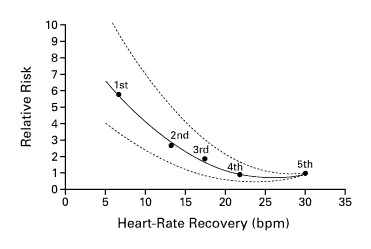
Source: https://www.nejm.org/doi/10.1056/NEJM199910283411804?url_ver=Z39.88-2003
What Causes Kidney Disease?
Chronic kidney disease (CKD) is a serious medical condition that affects many individuals worldwide. There are several factors that can contribute to the development of this condition, but the two most common causes are diabetes and high blood pressure.
When an individual has diabetes, it’s a clear indication that their blood sugar levels are too high. This can have a significant impact on the health of your kidneys, as it can cause damage to these vital organs. The damage caused by high blood sugar levels can be severe, leading to a decrease in kidney function and ultimately resulting in CKD.
Similarly, high blood pressure can also contribute to the development of CKD. When the force of blood within the blood vessels is too strong, it can cause damage to the blood vessels. This damage can lead to a multitude of health problems, including CKD.
It is important to take steps to manage high blood pressure to prevent these health complications from occurring.
Here are some tips:
- Work with your doctor to manage diabetes or high blood pressure.
- Eat a kidney-friendly diet with the help of a dietitian.
- Exercise 30 minutes daily.
- Limit alcohol. Men no more than two drinks per day, and women one.
- Quit smoking.
Alcohol And Brain Health
It’s a well-known fact that alcohol can significantly impact brain function, and many individuals who consume alcohol in moderation often experience a sense of euphoria, decreased stress levels, and increased sociability.
Scientific research has confirmed that alcohol releases endorphins, also known as the “pleasure hormones.” These hormones bind to opiate receptors within the brain, producing the feel-good effect many individuals associate with alcohol consumption.
While excessive drinking has been linked to an increased risk of dementia, observational studies conducted over several decades have suggested that moderate drinking carries few ill effects.
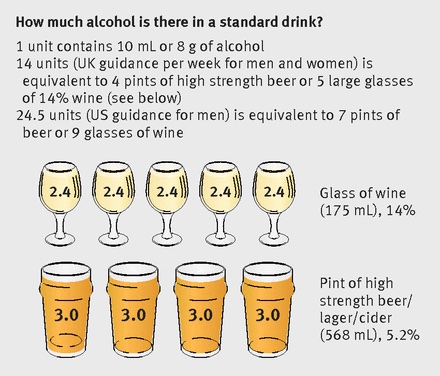
Source: www.alcoholconcern.org.uk/help-and-advice/help-and-advice-with-your-drinking
Moderate drinking is typically defined as no more than one drink per day for women and two drinks per day for men. However, recent studies have suggested that even moderate drinking can have negative implications on brain function.
Specifically, studies have shown that moderate drinking is associated with shrinkage in brain areas critical for cognitive function and learning. The results of these studies are concerning, as they suggest that even small amounts of alcohol consumption may have a detrimental impact on the brain.

